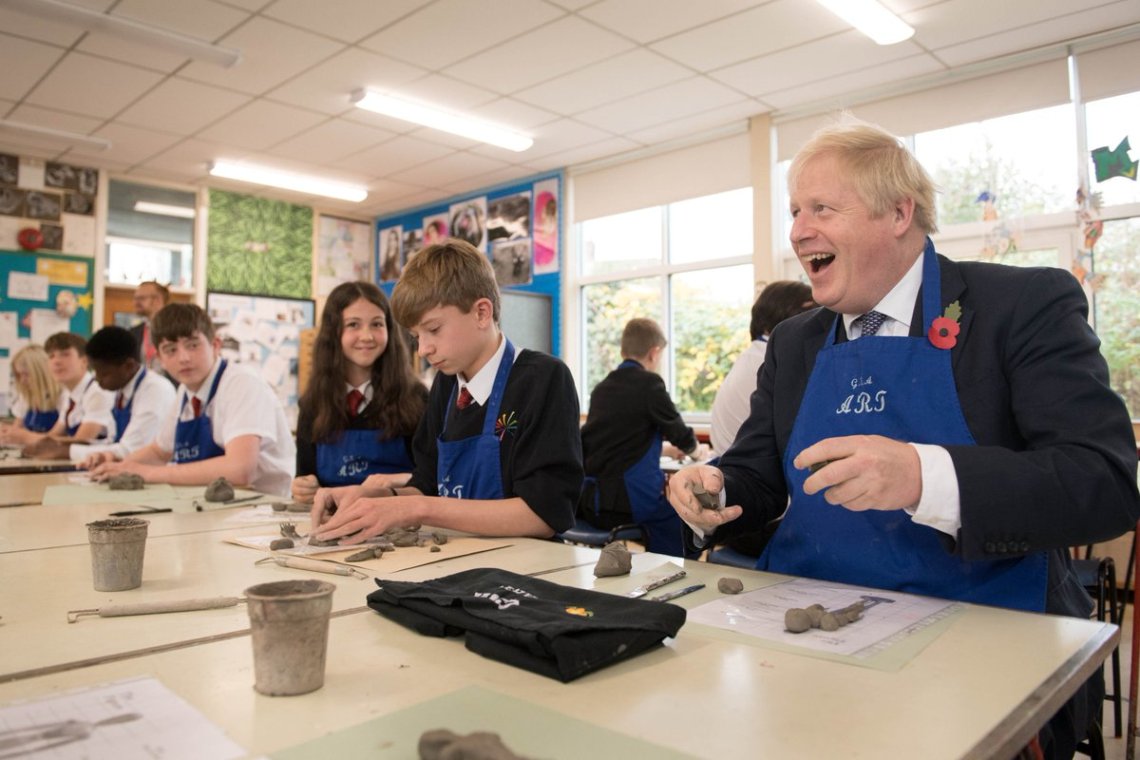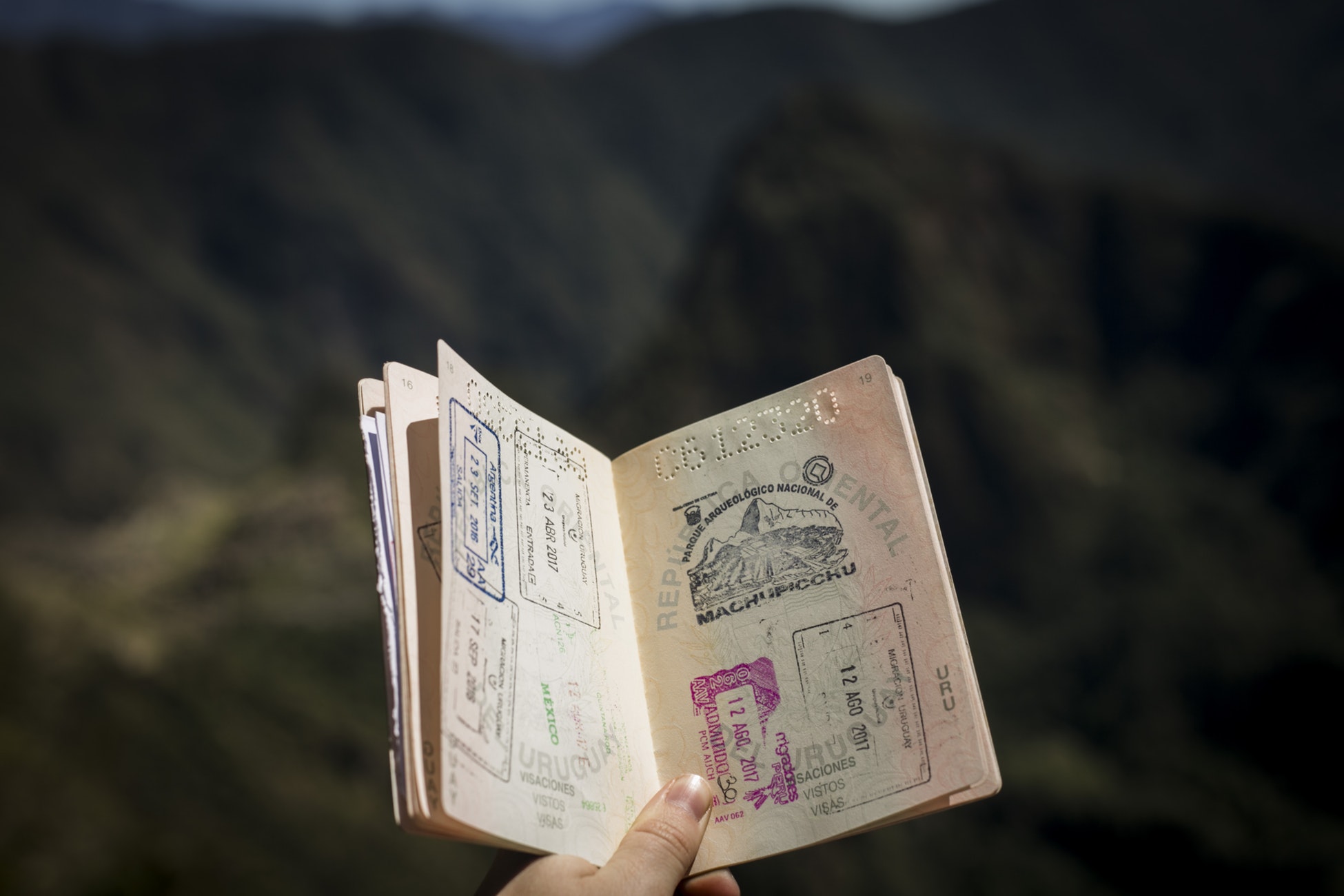A drug tracing blockchain project led by IBM, Merck, KPMG and Walmart, has not only been successfully concluded but also exceeded the requirements put forth by the United States’ Food and Drug Administration (FDA), confirmed an official report released on Monday.
The breakthrough was achieved after over a year of research that focussed on achieving enterprise-level interoperability that tracks and shares data of pharmaceutical products among the stakeholders.
The report claims that the drug tracing blockchain, designed and executed by the four partnering companies, is fully compliant with the Drug Supply Chain Security Act (DSCSA) of 2013, which was enforced to facilitate cross-party interaction between all the stakeholders involved in a pharmaceutical transaction.
Drug tracing blockchain project builds trust among collaborators
The organizations backing the revolutionary drug tracing blockchain program said that the ultimate goal of this partnership is establishing trust between trading partners by prevention any infiltration by any external interference.
The final outcome accomplished two primary objectives of the project. The first was to establish whether blockchain can record, maintain as well as share the details of the supply chain movements by connecting highly fragmented systems and meet the DSCSA 2023 compliance requirements.
And the second objective involved ensuring patient safety, in the event of an unexpected product recall or investigation, by activating alerts along the supply chain line and enhancing the visibility of a counterfeit product.
Interoperability benchmarks were then set and put to work on the Hyperledger Fabric, and after several months of burning the midnight oil, the long bitter hours turned to sweet success.
Untangling complex web of pharmaceutical supply chain
Tegan Keele, who heads KPMG’s blockchain, offered the rationale behind coming up with a drug tracing blockchain project. In the present context, according to her, people are more health-conscious than ever before.
However, managing supply and distribution in the pharmaceutical industry is more challenging than any other supply chain given the sheer size of the industry, the number of trading partners involved, over and above the regulatory obligations.
Thus, as a member participant of the consortium, KPMG strongly believed in the capabilities of a permissioned blockchain, which can restrict the very flow of confidential information, while at the same time forming an information bridge between the stakeholders, Keele explained.
After testing it for almost a year, the association’s hypothesis proved to be accurate, and the long wait validated what was known to be useful and exact. Blockchain can do wonders in pharmaceutical logistics across the US. The group also expressed an urge to nurture industry-wide blockchain adoption through inclusive, receptive, and an egalitarian approach.
What is slowing down blockchain adoption?
Indeed, the technology has scored a massive win with the successful completion of the drug tracing blockchain project. However, blockchain is often referred to as a trustless technology.
And while that is true in some sense, given that it is the first time software has ever made it possible to not have a trusted intermediary in a transaction, the mistrust, and uncertainty surrounding blockchain’s best asset, Bitcoin, is holding back its adoption.
The misconception that nothing is safe when money is involved gives rise to a sense of need that security can always be more secure. Nevertheless, blockchain has demonstrated some compelling use cases so far.
Blockchain can disrupt, give it a chance
From overcoming the social and economic barriers to education to essentially helping a country like China emerge as the next technology superpower through a nationwide emphasis on blockchain applications and implementations, blockchain’s real-world industry applications prove that it is far more than just a fuel behind Bitcoin.
And much like any other emerging technology, blockchain’s global adoption is the true measure to validate success. Thus, as long as we are prepared to go past the misconceptions and wrong associations and seek ways to adopt the technology, such as a drug tracing blockchain program, we have better chances at bitter turning to sweet success.







